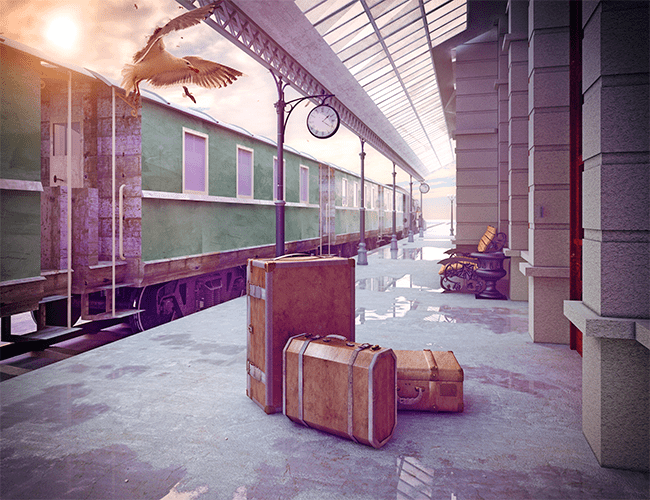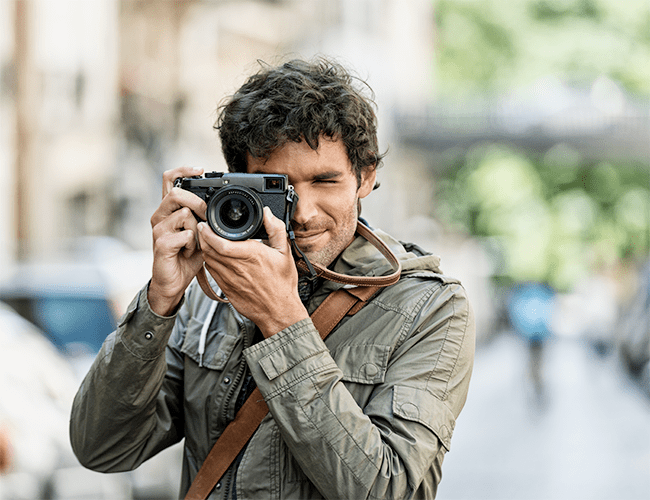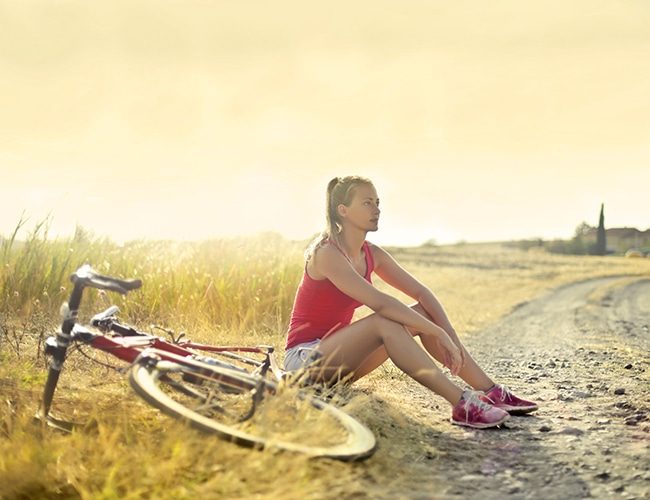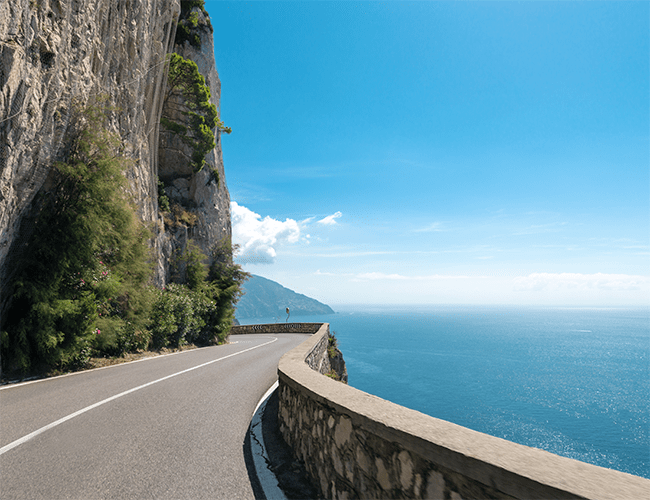A slow travel experience can change you for life. It’s challenging, exhilarating and can squeeze you right out of your comfort zone.
Why is it then, that some of us start planning our next trip within weeks of returning from our last one?
The reason’s not so simple.
When you travel, you take risks and make decisions on the run. Depending on where you go, there’s likely to be a different culture, different language and different food.
There’s a good chance you’re escaping a drab winter too. Suddenly, you’re looking at turquoise water instead of grey skies.
Your brain has to re-think how to go about almost everything – all those things you take for granted. Suddenly, you’re recalculating every assumption you’ve ever made.
You figure out how to be polite in a different setting, and accept the uncertainty of never knowing if you have been.
For many of us, these scenarios are both challenging and thrilling. Our natural boundaries start slipping away and we embrace difference without knowing if we can trust our ability to deal with it.

Even if we don’t acknowledge it, it’s exhilarating. Starry-eyed wonder follows you around when you’re travelling in another country.
When we’re having a slow travel experience, we become hyper-aware of our environment and the need to be more agreeable and tolerant.
Travelling must be embraced wholeheartedly if it’s to be experienced in a meaningful way.
If we don’t, what’s the point? We may as well stay at home.
For those of us who are givers and carers, the sandal is on the other foot because, as travellers, we’re seeking our own experiences instead of providing them for others.
An interesting study by Zimmermann and Neyer in the Journal of Personality and Social Psychology looked at personality development in university students studying abroad.
Over the course of an academic year, the researchers found that students had increased levels of three of the five personality dimensions —’Openness’ (to experience), ‘Agreeableness’ (the need to get along), and ‘Neuroticism’ (emotional stability). It all adds up doesn’t it. Travel really can change you in meaningful ways.
Columbia Business School Professor Adam Galinsky is the author of several studies on the connection between international travel and creativity.
He found that creativity is greatest when travellers are able to immerse themselves and engage with the local environment.

In Galinsky’s most recent work, he examined 11 years of collections from the world’s top fashion houses. He concluded that ‘the foreign professional experiences of creative directors predicted the creativity ratings for their collections.’
The foreign professional experiences of leaders can be ‘a critical catalyst for creativity and innovation’ in their workplaces,’ he said.
Being alone in a foreign country can be frightening, but a slow travel experience can also be a great opportunity to discover your own resourcefulness.
This is especially true if you have an itinerary that includes catching trains, planes and buses.
Obtaining timetable information from somebody who doesn’t speak your language can be a lesson in linguistics and hand gesturing.
It’s not just the overt information, but the cultural nuances and local knowledge you can miss if you’re not plugged into environmental cues.
As well as improving your problem-solving skills, a slow travel experience gives you plenty of opportunities to be alone.
The geographical distance between you and your loved ones provides a chance to think deeply about your relationships.
Some things are seen more clearly from a distance.
Being away from home and all its conveniences leaves you free of possessions.
This provides a unique space in your personal timeline to embrace experiences, rather than things.

Remember that anonymous quote: ‘Travel is the only thing you can buy that makes you richer’? This is true, and it’s how travel can change you.
Handwashing clothes, shopping for singular pieces of fresh fruit and mapping out daily activities all wind your speedometer back to walking pace.
In fact, walking until you get lost without fear of being lost is a great way to find yourself.
Whether it’s catching the sunrise over Angkor Wat, walking the Path of the Gods in the mountains above Positano, or standing in the glistening light of the Pantheon’s oculus —there is wonder and awe all around us.
A slow travel experience also colours in experiences and ideas that only existed in black and white.
It’s the most multi-dimensional learning available.
There’s no doubt that travel can change you.
It challenges assumptions and belief systems about your relationship with the world.
Travel also exposes you to things you never thought about until you encountered diverse cultures.
Travelling colours in experiences and ideas that only existed in black and white.
A slower life (2015).
Picture a village bus winding up the very narrow mountain road from Amalfi to Ravello.
In front of you the driver is holding onto the steering wheel with one hand.
He takes the hairpin bends with seemingly reckless ease as he smiles and flirts with a gorgeous Italian woman standing near him.
You’re sure he’s showing off.
To your right the road melts into cliff tops that fall away into the Tyrrhenian Sea hundreds of metres below.
You look at the other passengers and they don’t appear concerned at all.
Meanwhile, your anxiety is through the roof. What do you do?
You take a deep breath, cross your fingers, say a prayer, meditate or focus on some small detail in front of you.
Like other travellers who find they’re in uncomfortable situations they can’t change, you practise calmness.
You tolerate something you’re not accustomed to, even if it makes you squirm.
You become more adaptable, more adventurous and more confident when you travel.
Because you’re constantly on the move you learn to embrace the unexpected and to think on your feet.
To survive you have to develop high levels of patience and tolerance.
A slow travel experience also turns you into a storyteller.

Journalling, taking photos and posting on social media are important mementos of unforgettable journeys.
But the most significant experiences are those that take place internally and change our lives forever.
After a few travel writing tips? You might enjoy Slow travel writing tips and examples.
If ancient libraries in foreign lands fascinate you, dive into Searching for Rome’s oldest public library.
You might be surprised to learn that Michelangelo designed a library in Florence.It’s true! Take a look at The library Michelangelo designed.
